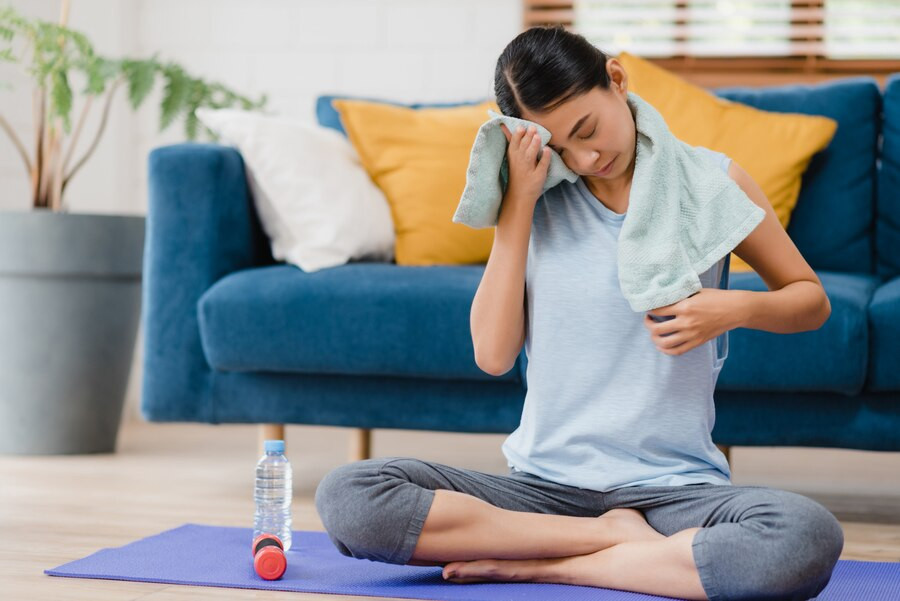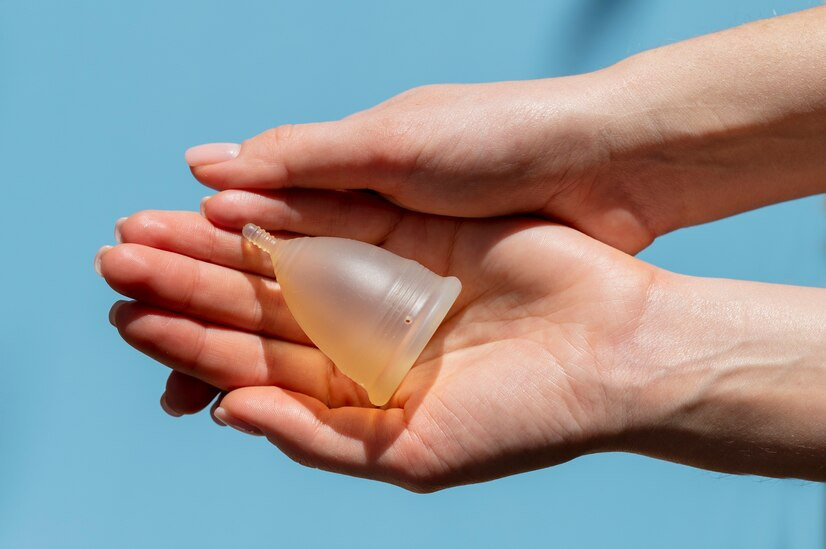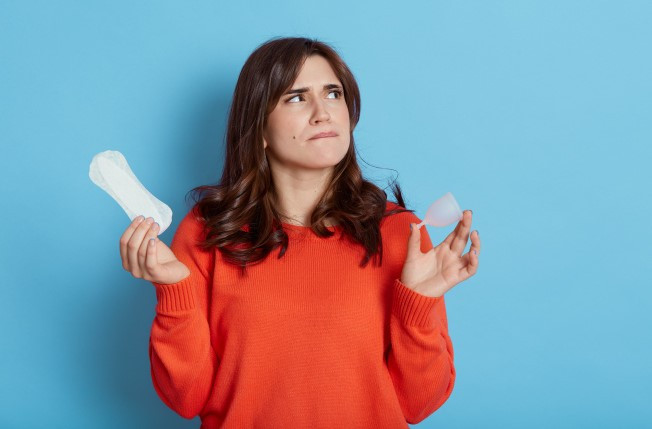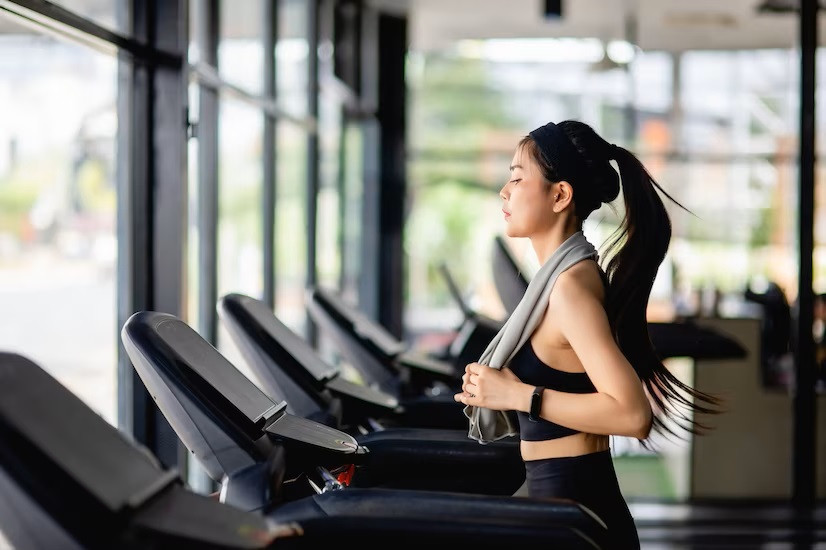Many women struggle between continuing to exercise and resting while on their period. Menstruation can be a difficult time for some women, and it may be accompanied by pain or cramps. Of course, exercising during your period may seem daunting.
In fact, exercising while on your period has numerous benefits. It can improve your mood, relieve cramps, boost your energy, and reduce fluid retention,, leaving you feeling lighter and more comfortable.
Should you exercise during your period?
The decision to exercise during your period is based on your physical condition and energy levels. While some people feel better and continue to be active during menstruation, others, particularly those with dysmenorrhea, may prefer to rest.
Before exercising during menstruation, consider the following factors:
- Your health and physical condition, absence of severe cramps or heavy menstrual flow
- Your energy levels because hormonal changes can affect your energy and make you feel so tired that you need rest rather than exercise
- Whether your menstrual symptoms are mild or affecting your ability to exercise
- The type and intensity of exercise you intend to undertake
Most importantly, remember that each body is unique. The key is to listen to your body, respect its needs and comforts, and ultimately provide health and wellness.
When to rest?
While menstrual exercise can be beneficial for many women, there are situations where rest may be more advisable, such as:
- If you have severe menstrual symptoms such as painful cramps, nausea, or dizziness
- If you regularly engage in strenuous exercise or intense workouts, you may want to consider reducing the intensity of your workout. Exercising too hard can increase stress on the body and aggravate menstrual symptoms
- Endometriosis and other hormonal disorders can disrupt your menstrual cycle. With these conditions, you should consult with your doctor before deciding whether to exercise or rest
Tips for exercising during your period
If you decide to continue exercising while on your period, the following suggestions may help you feel more comfortable:
- Use comfortable sanitary pads to make you feel safe while exercising
- Listen to your body and recognize menstrual symptoms that may affect your comfort while exercising, such as fatigue or cramping
- Choose workout clothes made of sweat-wicking, comfortable materials. To reduce the risk of skin irritation, make sure your clothes fit properly and are not too tight
- Warming up before exercising can reduce the risk of injury and improve blood circulation
- Choose low-intensity exercises like yoga, walking, or riding a stationary bike
- Eat a healthy, nutritionally balanced diet and drink plenty of water throughout the day
If you feel too tired or uncomfortable, take a break and don't force yourself to keep exercising. By following these guidelines, you will be able to exercise more comfortably during your period.
If you have questions about menstruation problems, you can make use of the consultation features that are available in the Ai Care application by downloading the Ai Care application from the App Store or Play Store.
Looking for more tips and tricks for health, first aid, and other home treatments? Click here!
- Sean Edbert Lim, MBBS
Jessica Toscano (2023). Exercises To Do and Avoid While Working Out During Your Period. Available from: https://www.health.com/condition/menstruation/5-things-to-know-about-exercising-during-your-period
Rachel Nall, MSN, CRNA (2023). Should you exercise during your period?. Available from: https://www.medicalnewstoday.com/articles/326364
Mayo Clinic (2022). Menstrual cramps. Available from: https://www.mayoclinic.org/diseases-conditions/menstrual-cramps/symptoms-causes/syc-20374938
American College of Obstetricians and Gynecologists (2022). Dysmenorrhea: Painful Periods. Available from: https://www.acog.org/womens-health/faqs/dysmenorrhea-painful-periods
NHS UK (2022). Endometriosis. Available from: https://www.nhs.uk/conditions/endometriosis/











